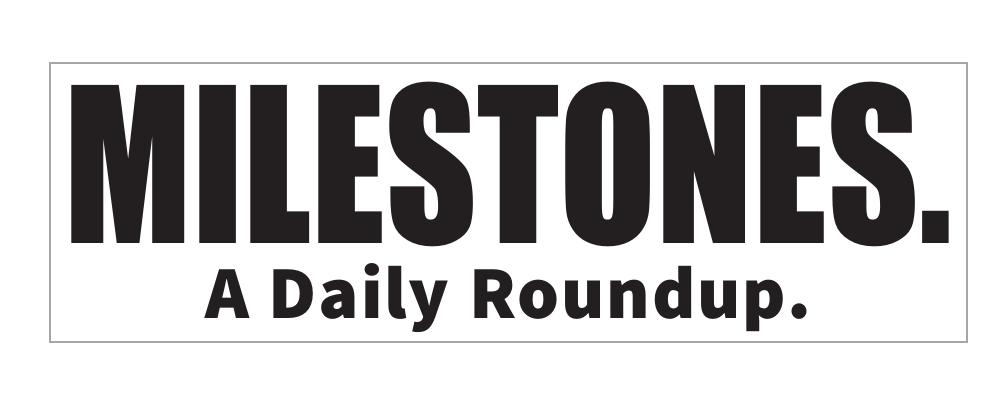Milestones: January 8, 2024

AFRICAN AMERICAN MEN GAINED THE RIGHT TO VOTE IN THE DISTRICT OF COLUMBIA ON Jan. 8, 1867, persevering over the veto of its most powerful resident, President Andrew Johnson, who valued conciliatory relations with the former Confederacy. However, the Republican-controlled senate overrode Johnson by a vote of 29-10 three years, some before a constitutional amendment granted the right to vote to all men regardless of race. African American men in D.C. — with some exceptions, including those on welfare — gained the right to vote three years before the Fifteenth Amendment guaranteed that right for all American men. Though he was powerless to stop Congress from granting rights to African Americans, he spent his presidency vetoing legislation from the “Radical Reconstructionists.”
In fact, Johnson’s opposition to the Republicans’ views on Reconstruction not only defined his presidency, but they also led to his impeachment; and he became the first U.S. President to be charged with violations against the nation.
✰✰✰

Brooklyn Boro
View MoreNew York City’s most populous borough, Brooklyn, is home to nearly 2.6 million residents. If Brooklyn were an independent city it would be the fourth largest city in the United States. While Brooklyn has become the epitome of ‘cool and hip’ in recent years, for those that were born here, raised families here and improved communities over the years, Brooklyn has never been ‘uncool’.